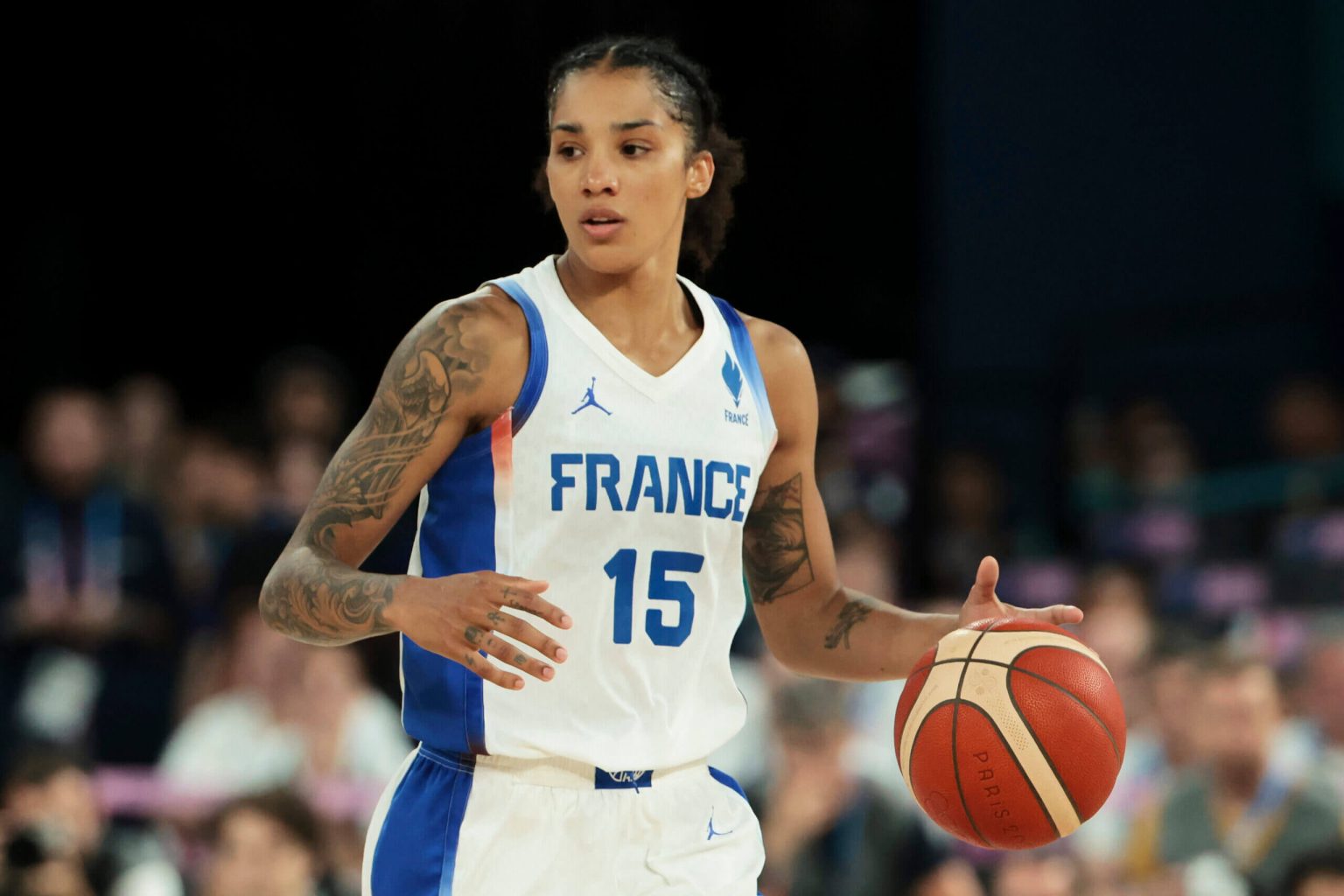The reason behind Gabby Williams not playing in the Women’s National Basketball Association (WNBA) during the 2024 season has brought into focus the issue of player agency in the league. Williams, who participated in the Paris Olympics 2024, has played 135 games in the WNBA since 2018 but has faced obstacles to her return. As the players union contemplates options to opt out of the current collective bargaining agreement at the end of 2024, they must consider issues including player salaries, maternity provisions, and revenue sharing.
A highlight of Williams’ career was during the 2024 Olympics, where she led France to a silver medal win, averaging 15.5 points, 4.8 assists, and 2.8 steals per game. Entering the 2024 WNBA offseason as an unrestricted free agent, she was an attractive prospect for many teams as a guard in the rotation. However, her intermittent participation in the WNBA since 2021 has been due to her commitment to international play, causing her to miss entire seasons and deal with prioritization issues.
Williams opted to prioritize Olympic preparation over signing with a WNBA team during the 2024 offseason. As she had maintained her free agent status and completed her European club season before May 1, she was not required by the WNBA’s prioritization clause to report at the start of the WNBA season. This opened up the potential for Williams to join a WNBA team for the remainder of the season if a spot was available.
However, Williams’ decision to return to the WNBA in the 2024 season could greatly impact her options for 2025. By reentering the WNBA, Williams would not have the freedom to choose her team in the 2025 offseason. Conversely, if she chose not to rejoin the WNBA in 2024, her status as an unrestricted free agent would be retained, giving her full control over her team selection for the following year.
The core provision, part of the current CBA, has been a significant factor impacting Williams’ autonomy. This provision allows WNBA teams to protect their investment in a player by being able to retain the player’s exclusive negotiating rights. Williams’ overseas commitments led to her suspension from the Chicago Sky franchise in 2021. In 2023, the prioritization clause prevented her from playing for Seattle Storm as her season in France ended after the start of the WNBA calendar.
Going forward, more focus must be put on protecting the interests of WNBA players as the league grows. Current restrictions such as restricted free agency, hard cap, and the core are proving detrimental to players while serving the interests of the teams. For players such as Williams whose careers span overseas, these rules can limit their freedom to choose where they play. This may be why Williams has decided to prioritize her agency in her career over participation in the WNBA.


